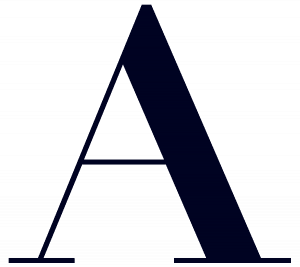
A few weeks ago I took a look at a Wikipedia entry on some hiking trails I know well. Tonight I read Wikipedia’s article on Laura Ingalls Wilder, about whom I know much more than the average fan, having researched her papers for many years. Wow, I’m appalled. Wikipedia is publishing’s version of genetically modified crops: evolution of facts and interpretations hit us at lightening speed. Some of the changes are good, and many are bad. The errors explode hour by hour, and the corrections fight back minutes later, but what are we left with?
For years I have known that anyone can write and edit Wikipedia. Smart people I respect think it’s a very good forum. But until I began reading entries on subjects I know—topics not easily researched online or in any library—did I understand the reckless danger of freely edited pages that appear authoritative, especially to children researching papers and anyone just trying to learn something. Our internet commons can go, day by day, from misinformation to lies to facts to libel to more errors.
The Laura Ingalls Wilder pages, more than most, have fallen prey to a back-and-forth of vandals’ “edits” and more faithful fans’ corrections. In December, her birthdate briefly moved back a dozen years. Her husband’s date of death went to 1939 from 1949 until someone went in and changed it. In mid-December she was briefly described as “an early relative of Hitler,” and after this was removed, an entire section on her childhood disappeared for a day.
I often read Wikipedia articles about topics on which I know nothing. I feel better informed after I read them. This is wrong: surely these articles are as unreliable as those whose errors jumped out at me because I recognized them. What worries me about Wikipedia isn’t that the pages on my own interests are wrong, but that I’m systematically misinforming myself by reading those Wikipedia articles whose errors I can’t recognize.